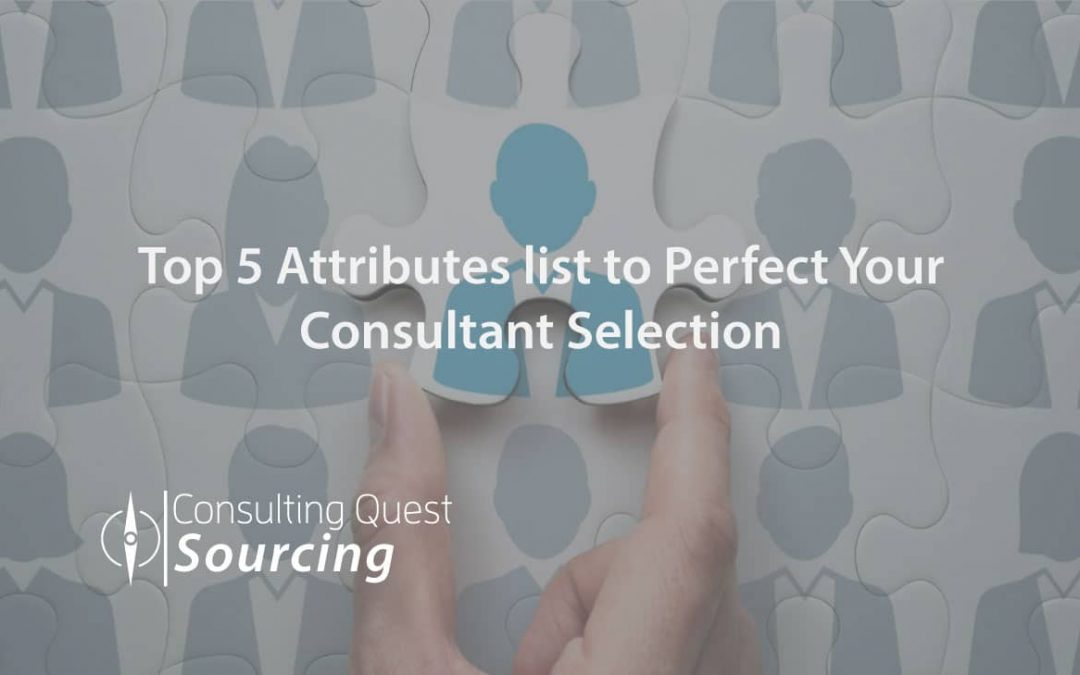This week’s must read

AI’s current objective is to employ powerful computing technology to assist people in making judgments that previously had to be made only by humans. Actuaries are hired to study data and render educated Actuarial Opinions in healthcare (and other industries). Although AI might assist in identifying things utilized in actuarial judgments, it would not be used to create Actuarial Opinions. Is AI going to abolish the need for Actuaries, or do Actuaries have to accept AI as a part of their future?
This Week’s Must Read is an insight piece from Joshua Axene, Axene Health Partners on how AI will impact the future of Actuaries.
Thought Leadership
Successful ARMs need educated decision-making, which is aided by risk quantification. This aids in a better understanding of the hazards, which in turn aids in effective risk management. Regular performance assessment is necessary because it is essential for tracking performance versus expected results. If you can’t measure it, you can’t manage it, and if you can’t manage it, you can’t improve it.
As technologies such as artificial intelligence (AI), machine learning, and automation usher in a new era of work, the future of actuaries is swiftly changing.
These tools, which use actuarial analytics, allow the actuary to take on the role of genuine business strategist, giving vital insights and bridging the gap between technology and strategy.
The effects of rising interest rates on life insurance products are examined in this article, with an emphasis on in-force retention, new business strategy, and third-party transactions.
Insurers wanting to optimize competitive advantage in a rising-rate environment will find crucial considerations and action items.
AI has recently made its way into popular culture as well as many parts of the business, including insurance. More and more insurers are realizing that technology like AI may provide them a competitive advantage. So, what factors have contributed to AI’s rise in recent years?
This week’s Consulting News
According to Mercer, the total value of bulk annuities, longevity swaps, and novel risk transfer solutions will exceed £60 billion by 2022.
Pent-up demand and improved affordability, as well as considerable increases in the funding levels of defined benefit (DB) pension systems in 2021, are likely to fuel the expansion.
More schemes than ever are becoming in condition to pursue a transaction, thanks to moves to de-risk investments, improvements in data quality, and clear intentions to address GMP equalization. | Emmanuel Ofosu-Appiah@Mercer
According to PwC’s analysis, investors would benefit greatly from a globally unified, uniform set of standards for gauging ESG performance.
Only one-third of investors polled believe the quality of ESG reporting is excellent, and less than half (40 percent) trust the information they acquire through ESG ratings and scores. | Kent Miller@Pwc
As of December 1, Material Economics, a major sustainability consulting business, has joined McKinsey.
This group of 30+ experts based in Stockholm, Sweden, specializes in assisting clients in developing sustainability strategies that emphasize “circularity,” detailed and data-driven approaches for sustainable materials systems in companies and across industries that maximize the use and reuse of products and materials. | @McKinsey
The Planet Group, an Odyssey Investment Partners portfolio company and a leading provider of outsourced human capital and consulting solutions, announced today that it has agreed to buy Strive Consulting, a full-service technology consulting firm that defines and implements strategic solutions to solve problems and deliver on digital transformation initiatives. | Elizabeth Spayne@The Planet Group and Jordan LeGaux Rachke@ Strive Consulting
This week’s media
In a TED talk, Dominic Lee, ACAS presents a framework for the actuarial profession to step into the future and claim its rightful place as a dominant force in the world of risk: Reimagine, Embrace and Explore.
Consulting sourcing tips

How to negotiate framework agreements for consulting to your advantage?
How to negotiate framework agreements for consulting to your advantage?

Make-or-buy for consulting services 101
Make-or-buy for consulting services 101

How to Hone to Perfection Your Consultant Selection with Our Top 5 List of Attributes
You are moving forward with the project and close to making a final selection of your Consulting provider. Based on the proposal assessment described in one of our previous articles, you should now have a good sense of what the Consultant can do for you, on paper.
Previous Weeks’ issues

Holiday Season Reflections: Top Themes in Consulting 2024 | This Week in Consulting
In this edition of this week in consulting, we embrace the holiday season by reflecting on 2024’s key trends like generative AI, sustainability, and social impact.

The Changing Tide of International Trade | This Week in Consulting
In this edition of This Week in Consulting, we explore how regions contribute to global trade, the challenges they face, and the opportunities to adapt amid shifting geopolitics and policies.

Digital Transformation Decoded: Challenges, Insights, and Opportunities | This Week in Consulting
In this edition of This Week in Consulting, we delve deep into the challenges and opportunities of digital transformation across industries, offering insights to strategize, adapt, and lead.
Hélène Laffitte is the CEO of Consulting Quest, a Global Performance-Driven Consulting Platform and author of “Smart Consulting Sourcing”, a step by step guide to getting the best ROI from your consulting. With a blend of experience in Procurement and Consulting, Hélène is passionate about helping Companies create more value through Consulting.








